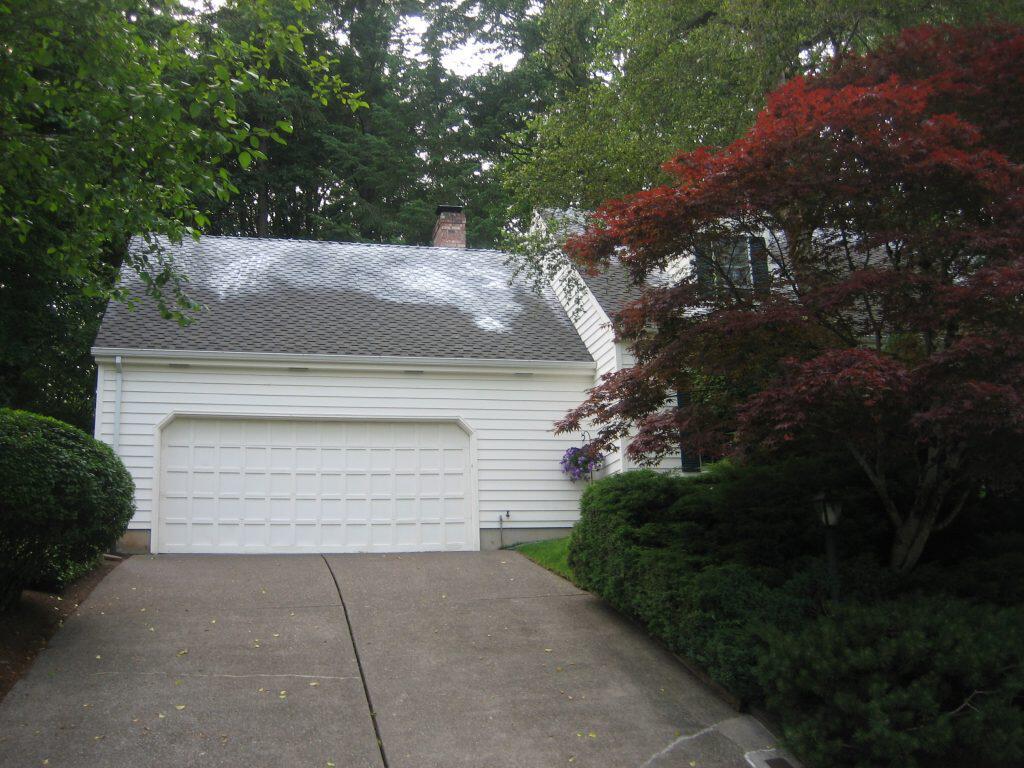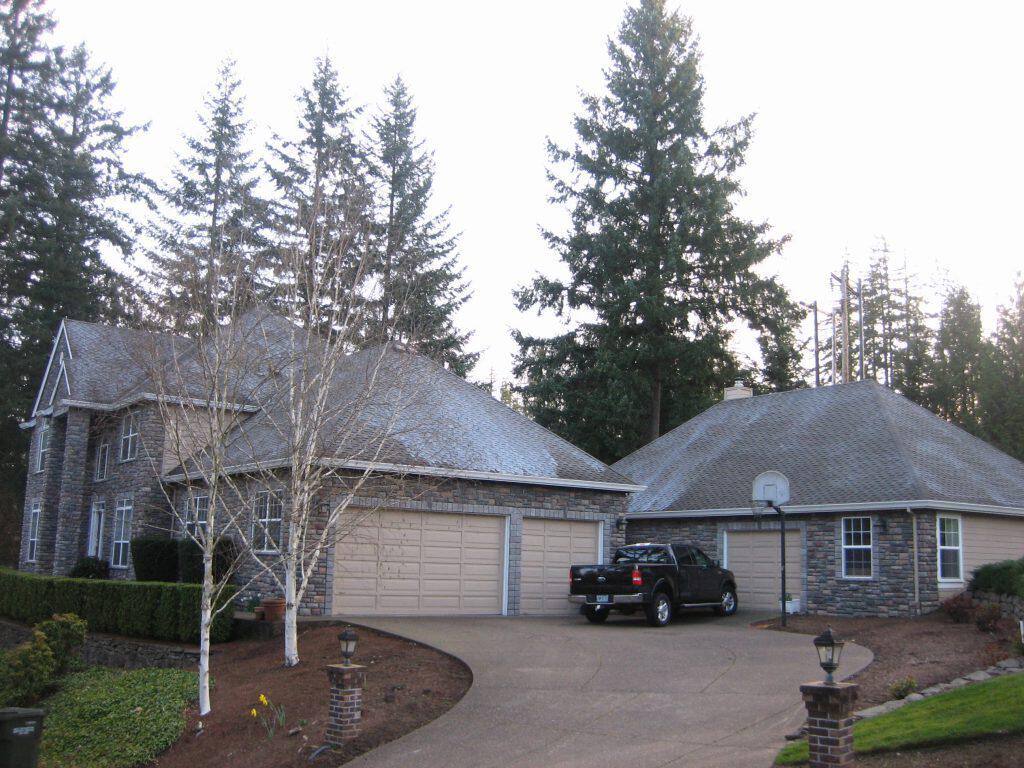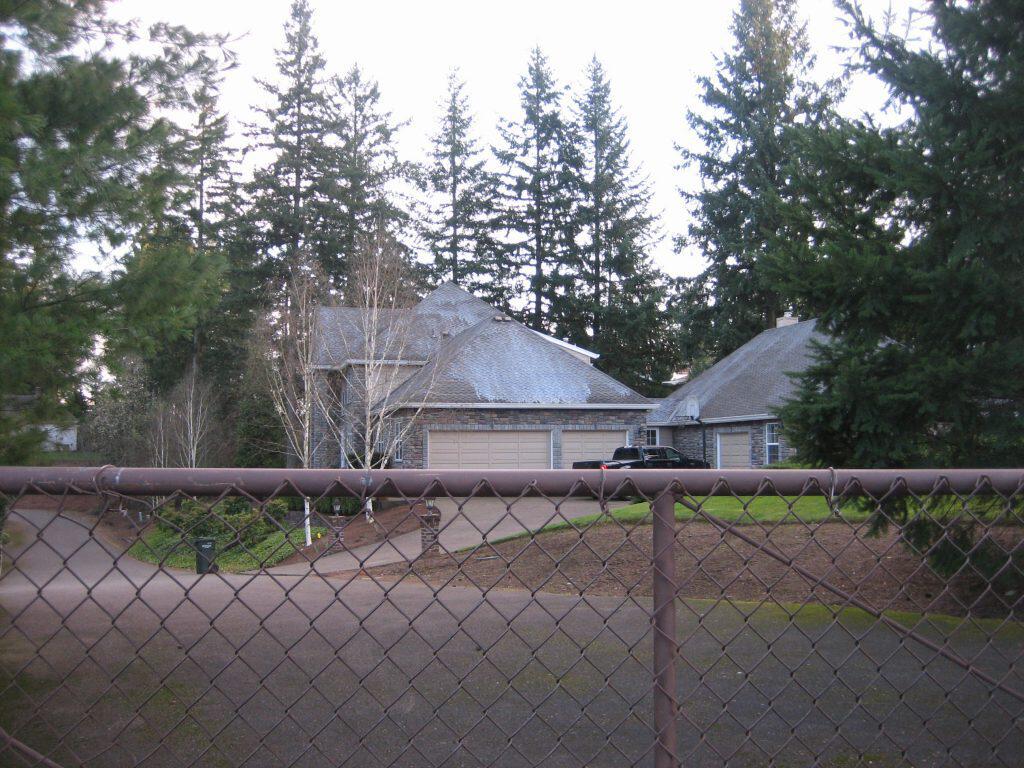
Roof Moss is equally annoying and detrimental. As you know, the moss itself begins to lift/shift your shingles, compromise the foundation of your roof, and create leaks. In an attempt to remedy this, many have found a lot of success with zinc powder. Before going into its effectiveness on roof moss, some background on this material will help you understand how and why it works.
What is Zinc Powder?
Zinc is a chemical element with the symbol Zn and atomic number 30. Most of Zinc’s practical applications are used in the form of powders. Zinc is a slightly brittle metal at room temperature and has a blue-silvery appearance when oxidation is removed. Its uses in everyday life include…
- Galvanizing (Shielding from the environment) metals
- Galvanizing Iron and Steel
- 50% of everyday use
- Alloys
- Alloys Brass, Nickel, and Aluminum
- Roughly 25% of everyday use
- Other Applications
- Sunblock, ointments, concrete, paints, and even as a propellant for model rockets.
- Roughly 20% of everyday use
- Money
- Prior to 1982, the United States Penny was 95% copper and 5% Zinc
- Post-1982, the penny became 97.5% Zinc and 2.5% Copper
- Roughly 2.5 – 5% of everyday use
*These are purely rough estimates for everyday use.*
How Zinc Powder Kills Roof Moss
Zinc powder contains sulfates that react negatively with organic materials. In this case, the application of the powder practically shocks the moss. This is a result of the sulfates acting as an inorganic herbicide, attacking moss’s organic makeup. After application, it is a simple matter of allowing rain to wash off the powder. All that is left is to brush off the roots.

However, the use of Zinc powder not only kills the moss on your roof. The run-off process creates a funnel of water that is washed back into the surrounding ecosystems. From there, the microscopic traces of zinc sulfate can work its way into water sources and wildlife, posing a hazard to the natural environment. Oregon State University states it is a toxin to aquatic vertebrates. This procedure is invasive and highly corrosive.
* We here at Roof Life of Oregon DO NOT recommend the use of Zinc Powder/Sulfate.*
Zinc Powder’s Effect on the Environment

As mentioned previously, zinc powder’s sulfates can pose serious harm to the surrounding environment. At a microscopic level, micronized and nano-scale zinc sulfate and titanium disulfide provide strong protection against UV rays. When residue powder comes into contact with plants, it can hinder their natural growth cycle.
The sulfate is insoluble in water, meaning that it stays above the surface and goes from here to there onto another surface. In a place with regular rain, microscopic particles of zinc powder can make their way into streams, lakes, rivers, and oceans. It can harm “Indicator species,” which are the foundational species that determine the quality of the environment around them. Some indicator species around the Pacific Northwestern area include:
- Invertebrates (worms and snails)
- Barnacles
- Insects
- Amphibians (Lizards, Frogs)
- Fish
The presence of an indicator species is vital to nature’s food chain. Any sudden changes to these indicator species create a ripple effect all the way up the food chain. We here at Roof Life are by no means biologists or experts on the subject matter. However, we are composed of proud Oregonians who utilize environmentally friendly practices.
Get Rid of Stubborn Roof Moss
Our team can safely remove harmful roof moss and apply preventive treatments to keep your roof clean and protected year-round.
Alternatives to Zinc Powder for Roof Moss Removal
Oregano/Oregano oil
- The alkaline properties in Oregano can offset the pH balance of the moss, making it neutral and impossible to grow. However, it can be a cumbersome process and smell like an Italian restaurant.
White Distilled Vinegar
- The low pH levels can counteract moss growth. However, the effects are not usually noticeable until after 2-3 days of continuous spraying.
RBC (Roof Barrier Concentrate)
- A proprietary concentrate created by Denco Chemical Co. and used exclusively by Roof Life of Oregon.
- Changes the pH balance of the shingles, which changes the composition of the moss and its roots, making it easy to wash off. The effect acts as a moss deodorant and lasts for six months to a year.
For more on safer alternatives on DIY roof moss solutions, please check out our article on How to Clean your Roof Moss with Laundry Detergent.
If you’re looking for a hassle-free way to eliminate your roof moss, feel free to contact Roof Life of Oregon. Using a proprietary roofing chemical (RBC), we can tackle and remedy your roof moss problem. With the expertise and experience of our roofing specialists, you can rest assured that the life of your roof is safe in the hands of Roof Life.
Here are our primary service areas:

